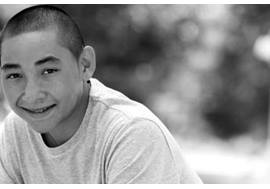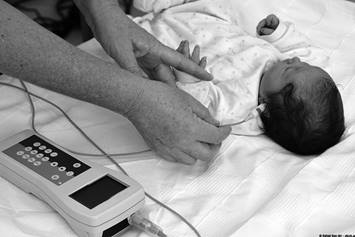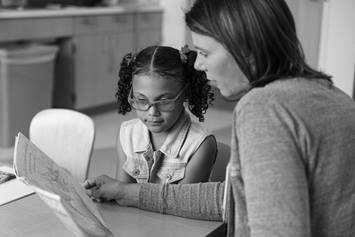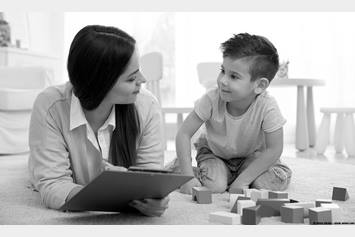Speech Pathology
Helping Every Voice Matter
Speech Pathology
Speech Pathology provides comprehensive diagnostic evaluations and therapeutic treatment for speech, language, and voice disorders. The department provides services for clinical management of children from birth through age 21.
Services We Offer
Some of the diagnoses and problems we treat include:
- Acquired brain injury
- Apraxia
- Auditory processing disorders
- Autism
- Cleft palate/craniofacial anomalies
- Cochlear implant
- Feeding, swallowing and oral motor disorders
- Fluency, articulation, hearing and language disorders
- Paradoxical vocal cord dysfunction
Featured Programs
Evaluation and Testing
One key to an effective speech and language pathology program is a comprehensive evaluation. Testing is completed based upon the child’s age and diagnosis. Testing and evaluation help our Speech and Language Pathologists to fully assess the child’s speech, language and oral motor skills. Our skills assessment evaluates:
- Receptive and expressive language
- Fluency (speaking smoothly and without effort)
- Voice and resonance (having a full, pleasant sounding voice)
- Oral motor and feeding skills
- Articulation (speaking clearly)
- Hearing ability
- Cognitive skill (clear thinking)
We also evaluate the child’s need for special equipment, which may include communication devices, speaking valves or oral motor tools.
After testing, we will work with you to set up your child’s treatment plan. The treatment plan may consist of services provided on an inpatient and/or outpatient basis as well as activities to be done at home.
Parents often wonder if their child’s speech and language skills are normal for their age. Our Speech and Language Milestones Guide is available to help parents better understand the skills a child should have at various ages.
Meet Our Leadership
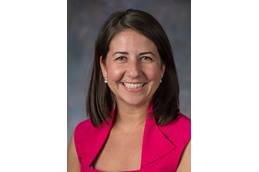
Lindsey Boyer Pauline
Lindsey Boyer Pauline, MA, CCC-SLP is the speech language pathologist program manager at Nationwide Children’s Hospital. With over a decade of experience in acute care, rehab and outpatient services, she specializes in voice and swallowing disorders.
Our Clinics
Speech Pathology maintains both inpatient and outpatient clinics on the main campus of Nationwide Children’s Hospital, as well as at other locations in Ohio.
Inside Speech Pathology
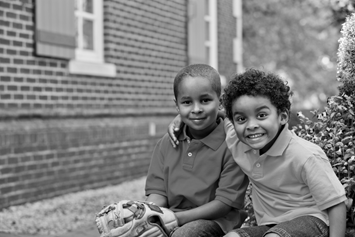
Speech Pathology Dysphagia Fellowship
The Pediatric Dysphagia Speech Pathology Fellowship Program is an experience consisting of research training in the assessment and treatment of pediatric dysphagia and other speech disorders.

